Tag: science
-
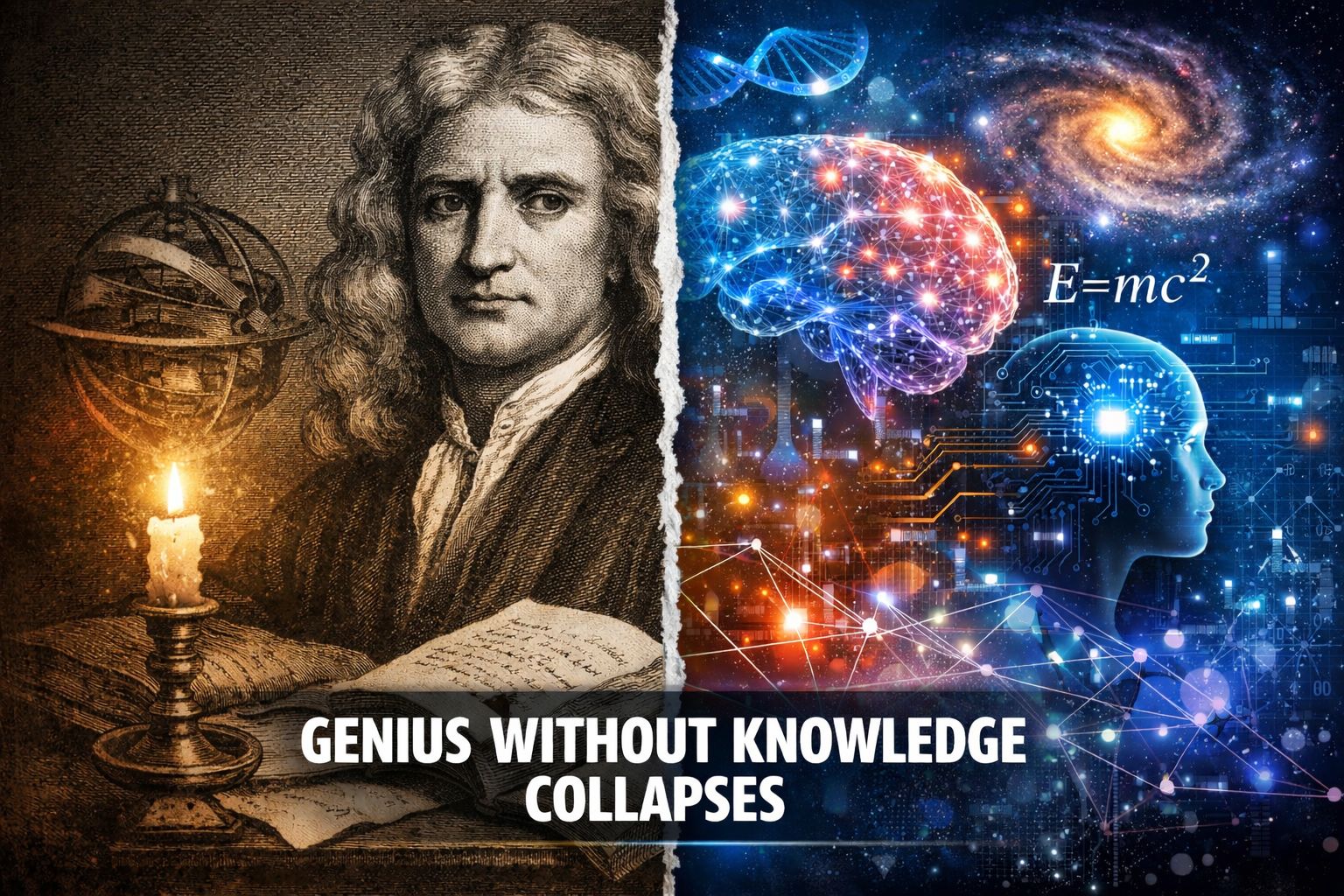
Newton had an IQ of 187, yet would be an atheist in our age
Isaac Newton was an extraordinary historical figure, but historical greatness does not translate automatically into modern intellectual competence. His brilliance existed inside a world with radically limited knowledge, minimal scientific infrastructure, and almost no cumulative correction mechanisms. The modern world is not just more informed; it is structurally different. Intelligence today operates inside dense networks…
-

IQ business – our tests, our Mensa, our talents
IQ testing did not emerge from neutral scientific curiosity but from administrative necessity. States needed ways to sort populations, armies needed mechanisms to select recruits, schools needed ranking systems, and industrial economies needed predictable human inputs. The tests were deployed before a coherent theory of intelligence existed, which means practice shaped theory rather than theory…
-

Where the next Richard Dawkins will come from?
Public culture prefers comforting myths. It likes to believe that influential intellectuals emerge spontaneously, driven only by talent and courage, and that truth alone forces society to listen. However, once one examines how visibility, legitimacy, and authority actually form, that story collapses. Intellectual prominence does not emerge naturally. Institutions produce it. Consequently, the next Richard…
-

How US atheist education should look like
Atheist education does not mean teaching disbelief as a new dogma. It means teaching how to think. It focuses on methods, not conclusions. Therefore, its purpose is intellectual autonomy, not ideological conversion. The United States represents a paradox. It leads the world in science and technology. Yet it tolerates widespread religious literalism, biblical illiteracy, and…
-

The feeling of being stupid and knowing better
When I walk through my hometown of Jičín and pass its churches, I do not feel reverence; instead, I observe evidence. I move between the medieval church from the 13th or 14th century and the newer church from the 1600s; together, they form a continuous record of how humans once explained reality. These buildings do…
-
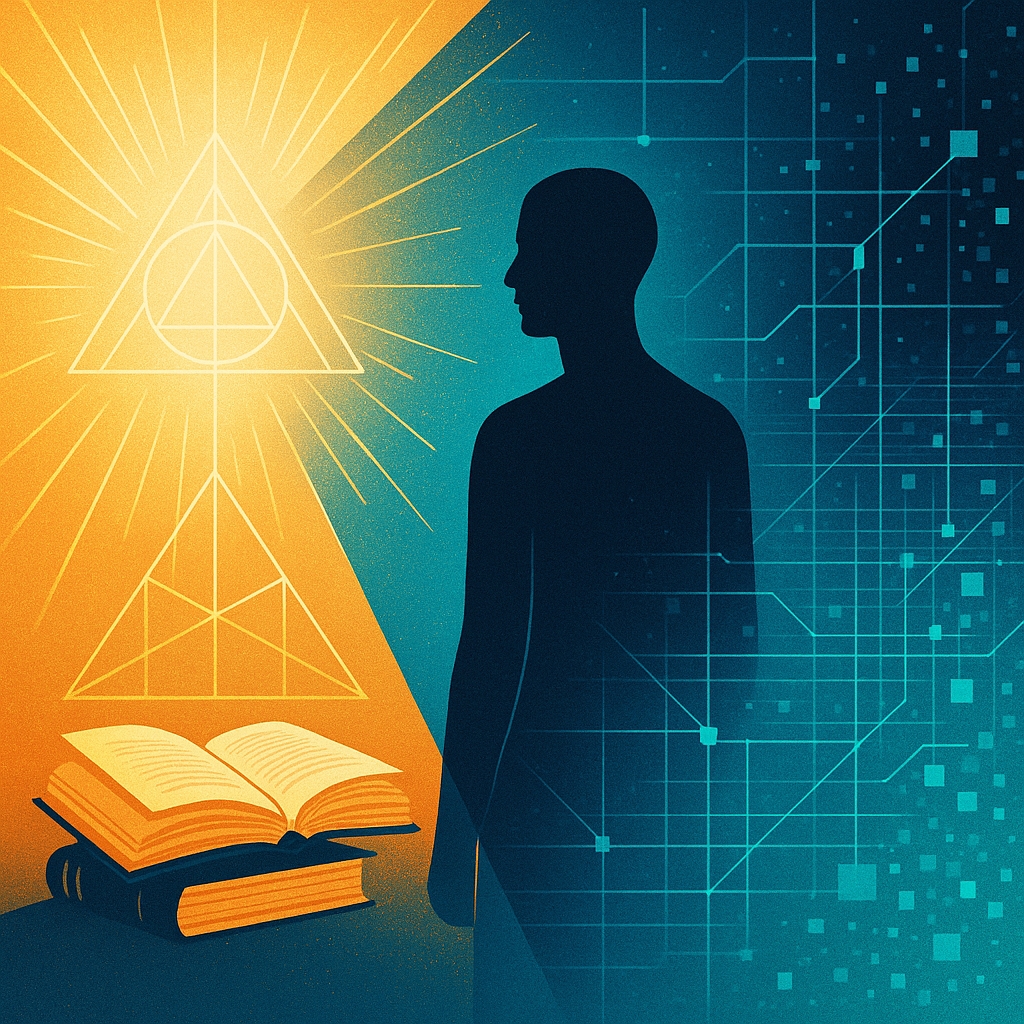
Enlightenment echoes in a fragmented century
The Enlightenment reshaped how humanity thinks, argues, and governs. It turned reason into a public force rather than a private habit, and it built the mental architecture of modern life. Today we swim in digital noise, emotional narratives, identity battles, and ideological tribalism. Therefore the Enlightenment feels both triumphant and threatened. People enjoy technologies that…
-

Facing Jesus’ non-existence: Two approaches
Every honest inquiry begins with discomfort. And nothing creates more discomfort than asking whether Jesus ever existed at all. Once you look at the historical evidence, the silence becomes deafening. The era overflowed with chroniclers who described everything: uprisings, quacks, prophets, magicians, riots, executions, natural phenomena, and obscure cults. Yet they never described Jesus. This…
-
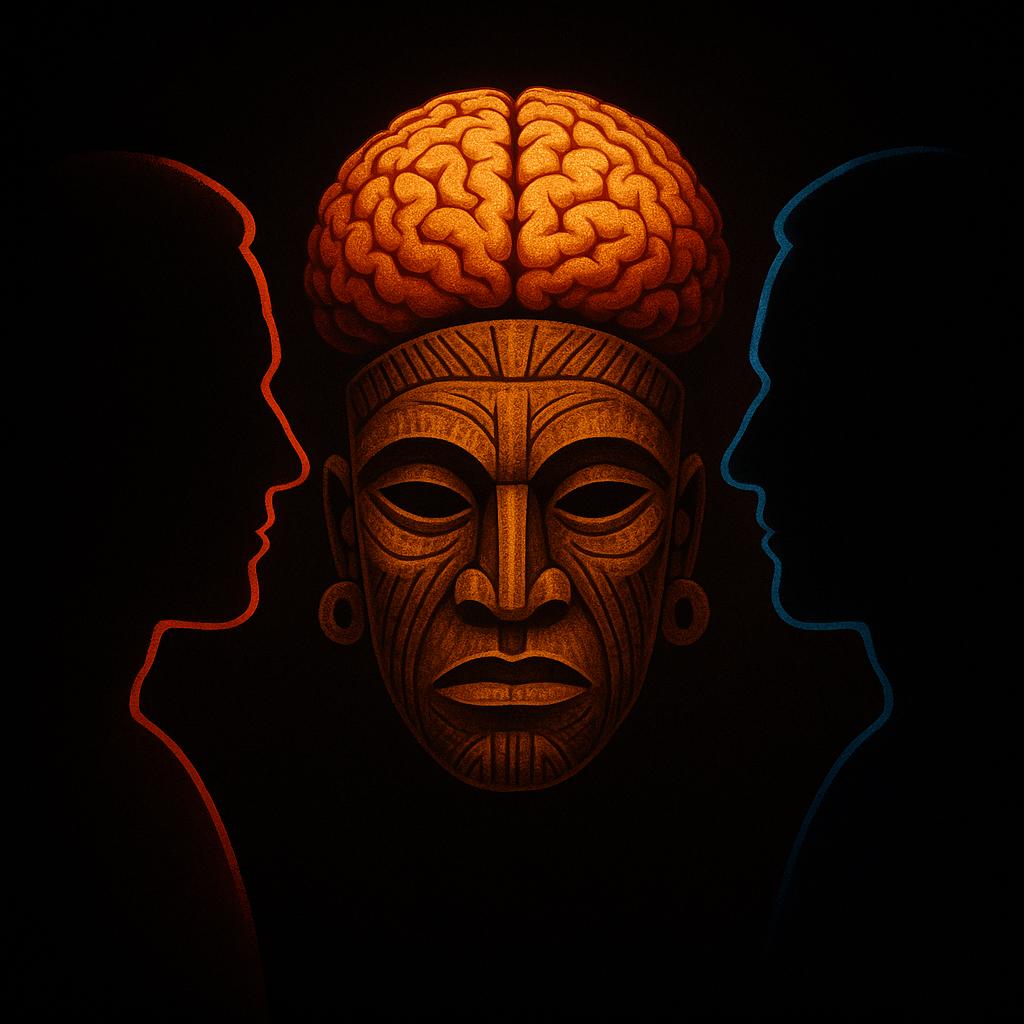
The ancient tribal instincts behind political polarization
Political polarization did not begin with modern politics. It began in the deep past. Humans evolved inside small tribes where loyalty meant survival and disloyalty meant danger. Because of that, our brains still react to politics as if we lived in hostile plains filled with rival clans. Therefore modern polarization is not rational disagreement. It…
-
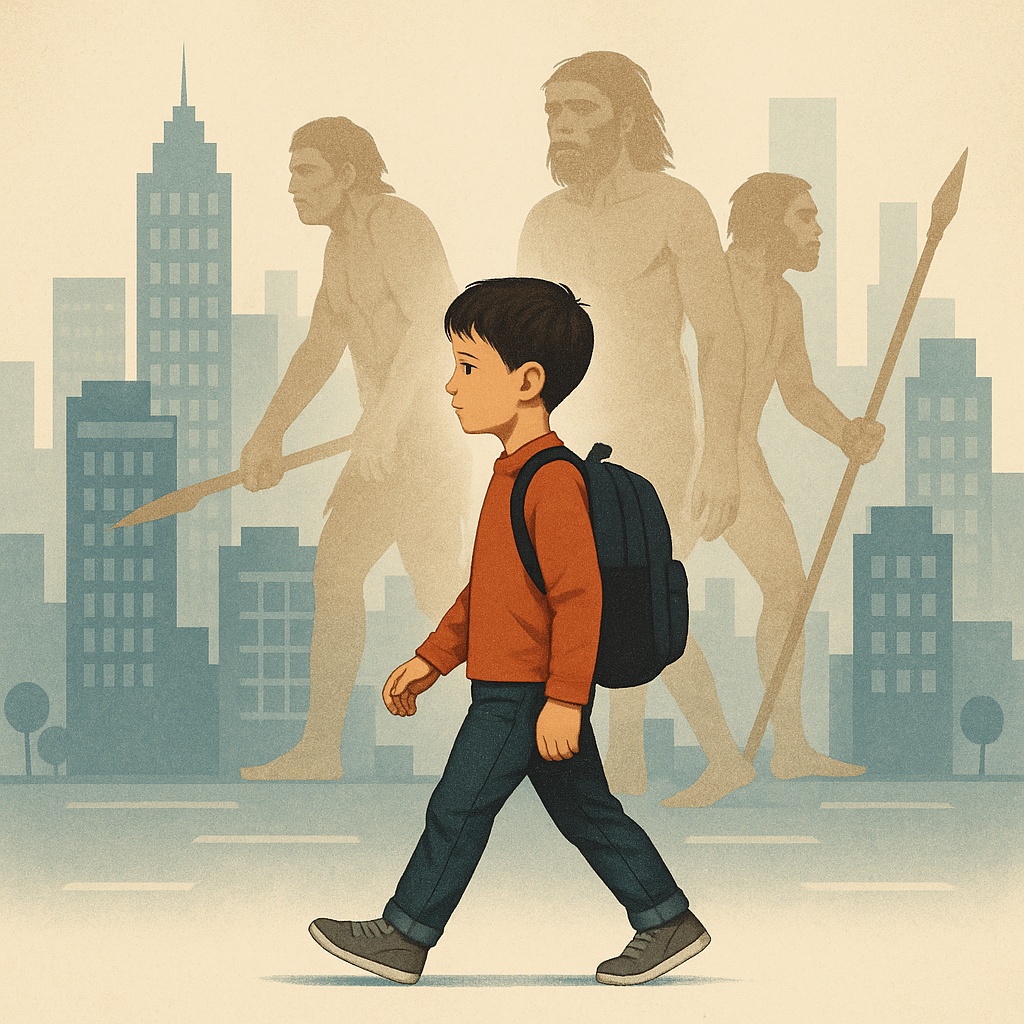
What children instinctively know: Pure evolutionary psychology
Children reveal the deepest layers of human nature. They act before culture reshapes them. They respond to the world with instincts older than civilization. Their reactions expose the evolutionary psychology we still carry inside our minds. Children read hierarchy, alliances, resources, threats, and reputation with astonishing accuracy. They know who matters inside a group, they…
-
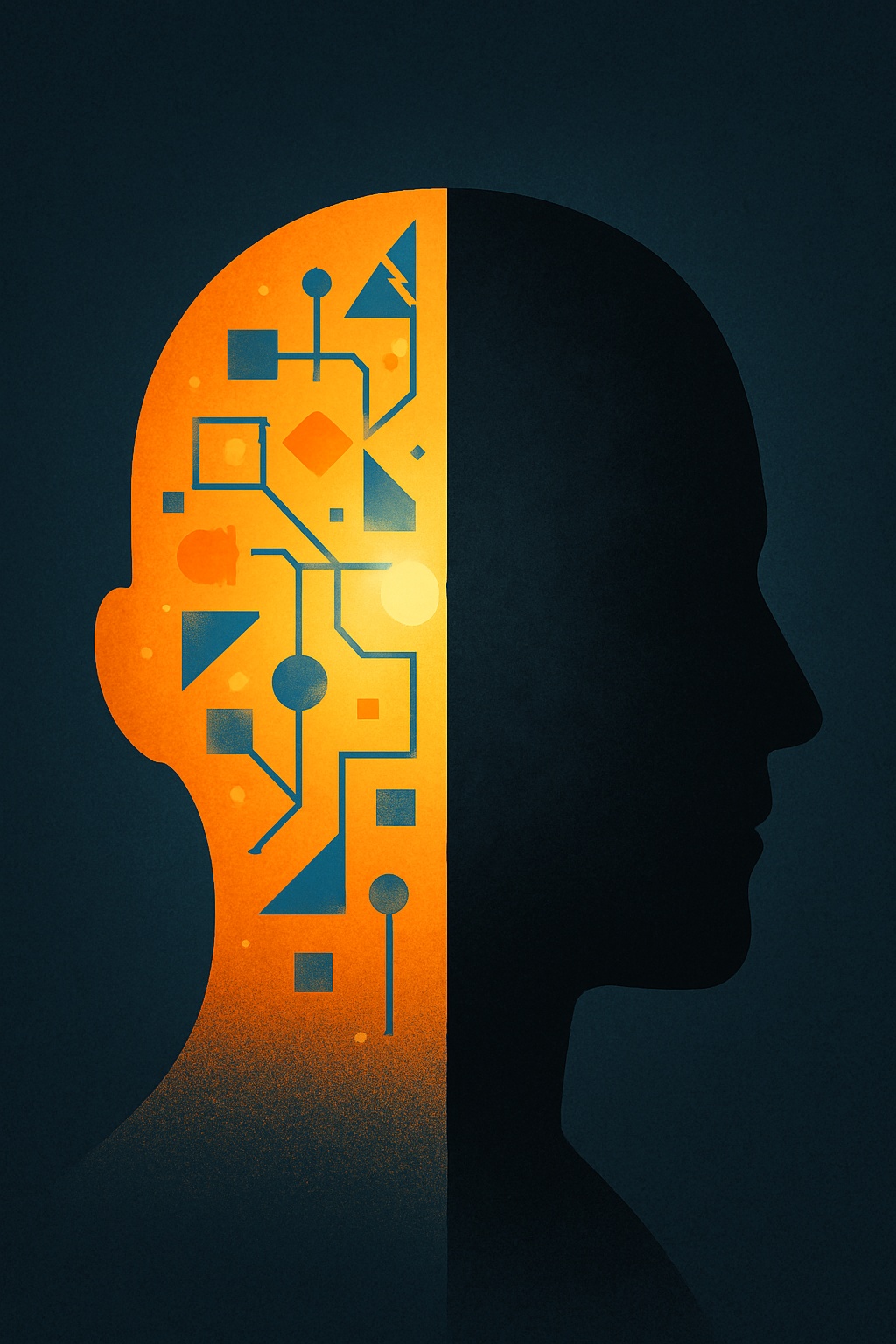
Intelligence is not enough: You must learn how to use it
Intelligence does not guarantee good thinking. Intelligence gives potential, but potential does not create mastery. Psychologists repeat that people must learn how to use intelligence. They say that raw IQ means nothing without attention, awareness, and method. This raises an uncomfortable question. Will the brain allow you to use the intelligence you have? Or will…